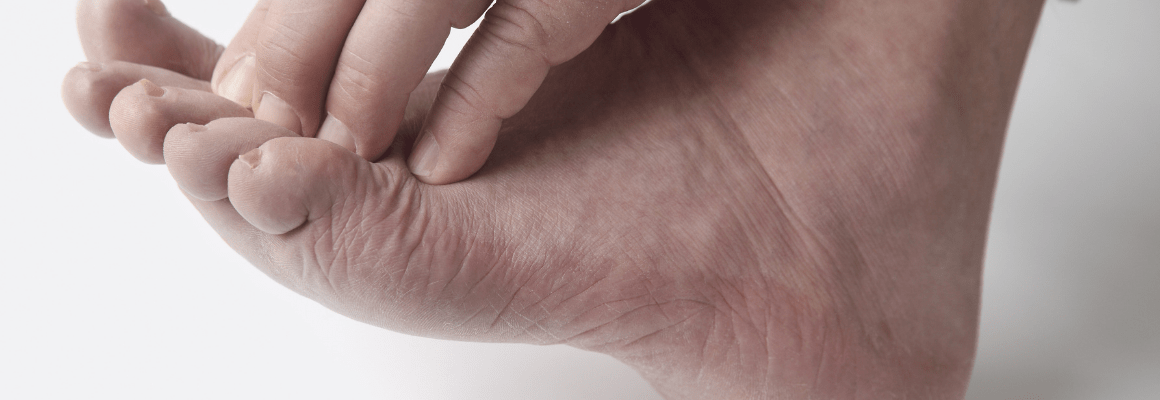Are you suffering from eczema on the knuckle? While knuckle eczema is not contagious, it can be a painful and embarrassing condition. Not to mention, it can affect work performance or even every day activities (just think about all the different ways you use your hands). In this post, we’ll cover the different symptoms of knuckle eczema and suggest our top natural remedies for finding relief.
Please keep in mind that although what we discuss in this post can relieve eczema, we are not medical professionals. If you're experiencing severe eczema symptoms like an infection, it is best to seek medical advice immediately.
What does Knuckle Eczema Look Like?
Like all types of eczema, knuckle eczema appears red and dry. You may also notice the skin may be scaly or flaky. In more severe cases, the skin may even crack or bleed. Because the skin will be dry, it’s likely to be accompanied by itchiness. Knuckle eczema can also be painful.
Causes of Knuckle Eczema
There is no exact known cause of eczema but it’s believed to be linked to a combination of genetic and environmental factors. Eczema on knuckles can be easily triggered by coming into contact with irritating substances or allergens throughout the day. Many of these potential triggers are likely common household objects such as dish soap, chemicals found in cleaning supplies, rough fabrics, or nickel. People who work in jobs that require them to use their hands are also more likely to experience irritation. These jobs include cleaning, hairdressing, catering, healthcare, and mechanics.
The Best Eczema Knuckles Treatment
To soothe eczema on the knuckles, it’s important to take the appropriate measures to protect the hands. Here are some of our favorite treatment options:
Wash Hands With a Natural Soap
Many soaps contain harmful chemicals or toxins that can do more harm than good. For this reason, we suggest using an eczema soap such as this Coconut and Sunflower Oil Soap Bar. Using just three ingredients, it helps keep the skin feeling soft and smooth without causing further irritation.
Keep Hands Moisturized
To combat the drying effects of eczema, it’s important to keep the skin hydrated. You should apply a eczema cream at least twice a day (morning and night) or as often as you need to. We recommend this nourishing oil-based balm. The Organic Manuka Skin Soothing Cream is one of our best sellers because of its ability to moisturize even the driest of skin. It’s made with just 6 ingredients, so you can rest assured it’s safe for sensitive skin. If you’re interested in both the Coconut and Sunflower Oil Soap mentioned above and this Organic Manuka Skin Soothing Cream check out our Body Essentials Bundle.
Protect the Hands from Irritants
To protect the hands from coming into contact with irritants, try wearing these100% Organic Cotton Closed Eczema Mittens for Adults for adults and kids. Made with mid-weight 100% organic cotton, they're comfortable to wear all night long, helping you get a good night's rest.
Try Dry Wrap Therapy
Dry wrap therapy is a great way to provide a much needed boost of moisture to problem areas. It’s an easy at-home remedy: simply apply your favourite natural cream and then cover up with a dry layer. We recommend this Remedywear™ gloves for adults and kids. Made from TENCEL and embedded with anti-inflammatory zinc, they help to protect the hands while also boosting the healing process. The breathable fabric features moisture-wicking sweat control so they’re comfortable to wear all night or all day long without having to deal with sweaty irritation.
References
https://nationaleczema.org/eczema/types-of-eczema/hand-eczema/
https://www.nhs.uk/conditions/atopic-eczema/symptoms/
https://www.aad.org/public/diseases/eczema/types/hand-eczema



